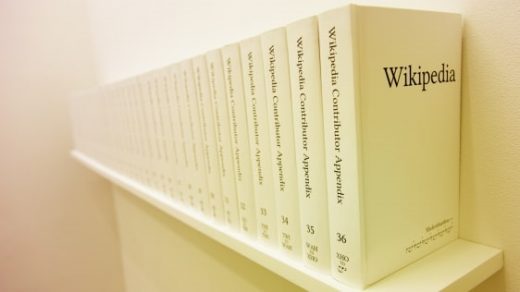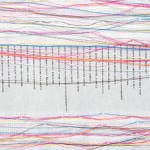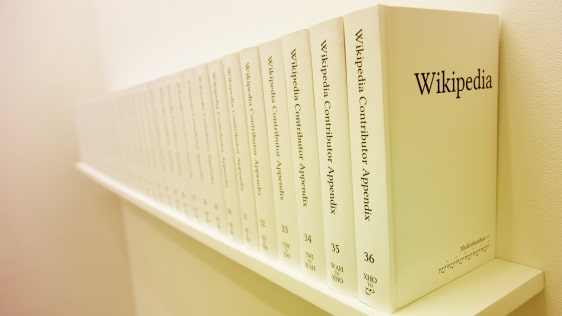After 16 years, Wikipedia finally asked its readers why they’re there
Wikipedia has a lot of readers–approximately 6,000 people visit every second. Since the online encyclopedia isn’t your typical information source, it had never bothered to ask its users why they showed up, and what they wanted from the site.
That changed in June 2017, when Wikipedia asked readers in 14 languages one simple question: “Why are you reading this article today?” More than 215,000 responses flooded in, and here’s the first results of that data:
Wikipedia found that about 35% of users come looking for a specific fact, 33% want an overview of a topic, and 32% are ready for a deep dive on something.
The results varied a bit from language to language. Hindi has the lowest fact lookup and overview reading (at 20% and 10%, respectively), but the highest (almost 70%) in-depth reading. By contract, readers of the Hebrew Wikipedia have the highest rate of overview readers (almost 50%).
Data nerds might find these factoids interesting, but the real value of the research is that it’s helping Wikipedia understand whether or not it’s meeting readers’ needs, and better learn what kinds of products and services those users want.
(19)













